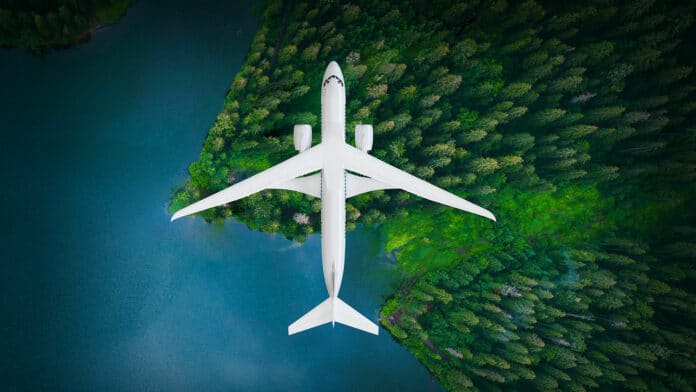NASA’s latest experimental X-plane has been designated by the U.S. Air Force as the X-66A. The aircraft, built through the agency’s Sustainable Flight Demonstrator (SFD) project, is the first X-plane specifically focused on helping the United States achieve the goal of net-zero aviation greenhouse gas emissions, in line with the White House’s Climate Action Plan.
The new X-plane seeks to inform a potential new generation of more sustainable single-aisle aircraft – the workhorse of passenger airlines around the world. Working with NASA, Boeing will build, test, and fly a full-scale demonstrator aircraft with extra-long, thin wings stabilized by diagonal struts, known as a Transonic Truss-Braced Wing concept.
The Air Force confers X-plane status for development programs that set out to create revolutionary experimental aircraft configurations. The designation is for research aircraft. With few exceptions, X-planes are intended to test designs and technologies that can be adopted into other aircraft designs, not serve as prototypes for full production.
For the X-66A, the Air Force provided the designation for an aircraft that validates technologies for a Transonic Truss-Braced Wing configuration that, when combined with other advancements in propulsion systems, materials, and systems architecture, could result in up to 30% less fuel consumption and reduced emissions when compared with today’s best-in-class aircraft.
“To reach our goal of net zero aviation emissions by 2050, we need transformative aircraft concepts like the ones we’re flying on the X-66A,” said Bob Pearce, associate administrator for NASA’s Aeronautics Research Mission Directorate, who announced the designation at the American Institute of Aeronautics and Astronautics Aviation Forum in San Diego. “With this experimental aircraft, we’re aiming high to demonstrate the kinds of energy-saving, emissions-reducing technologies the aviation industry needs.”
For the Sustainable Flight Demonstrator, NASA has a Funded Space Act Agreement with Boeing through which the agency will invest $425 million over seven years. The company and its partners will contribute the remainder of the funding, estimated at about $725 million. NASA also will contribute technical expertise and facilities.
